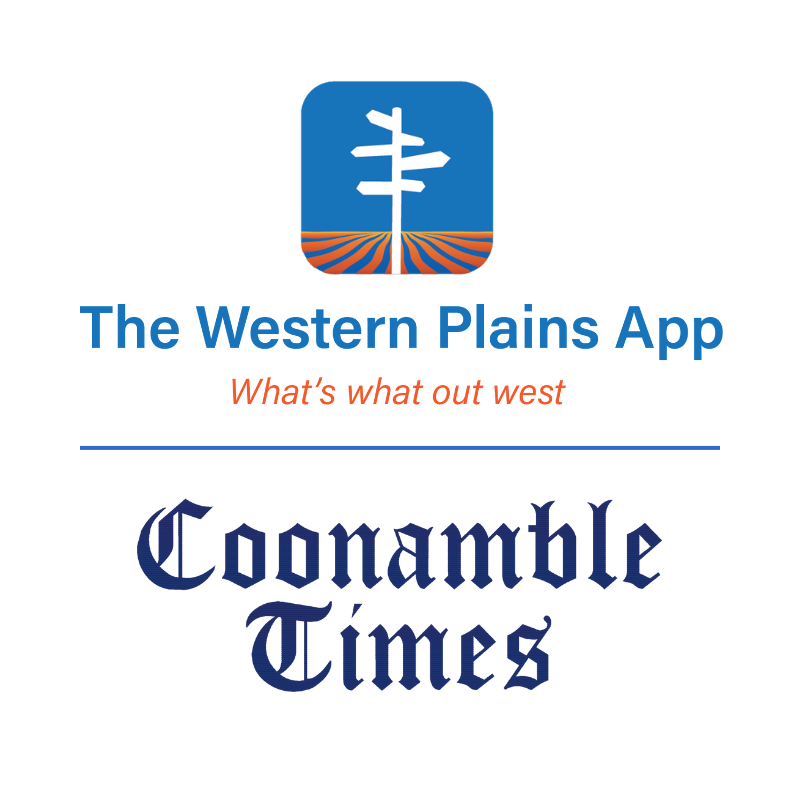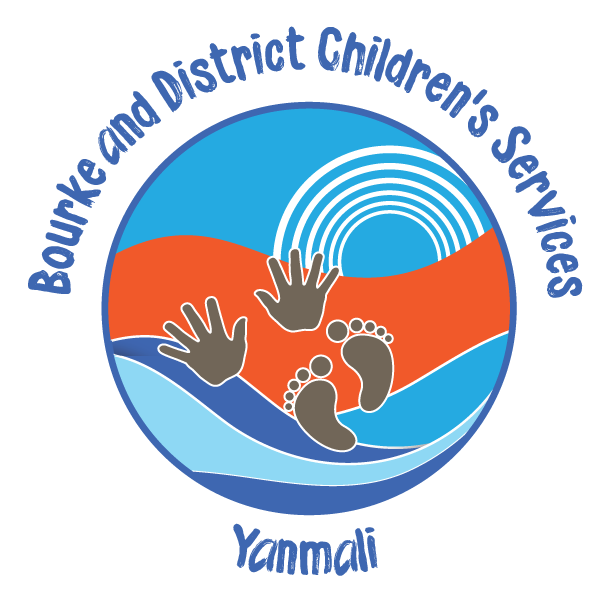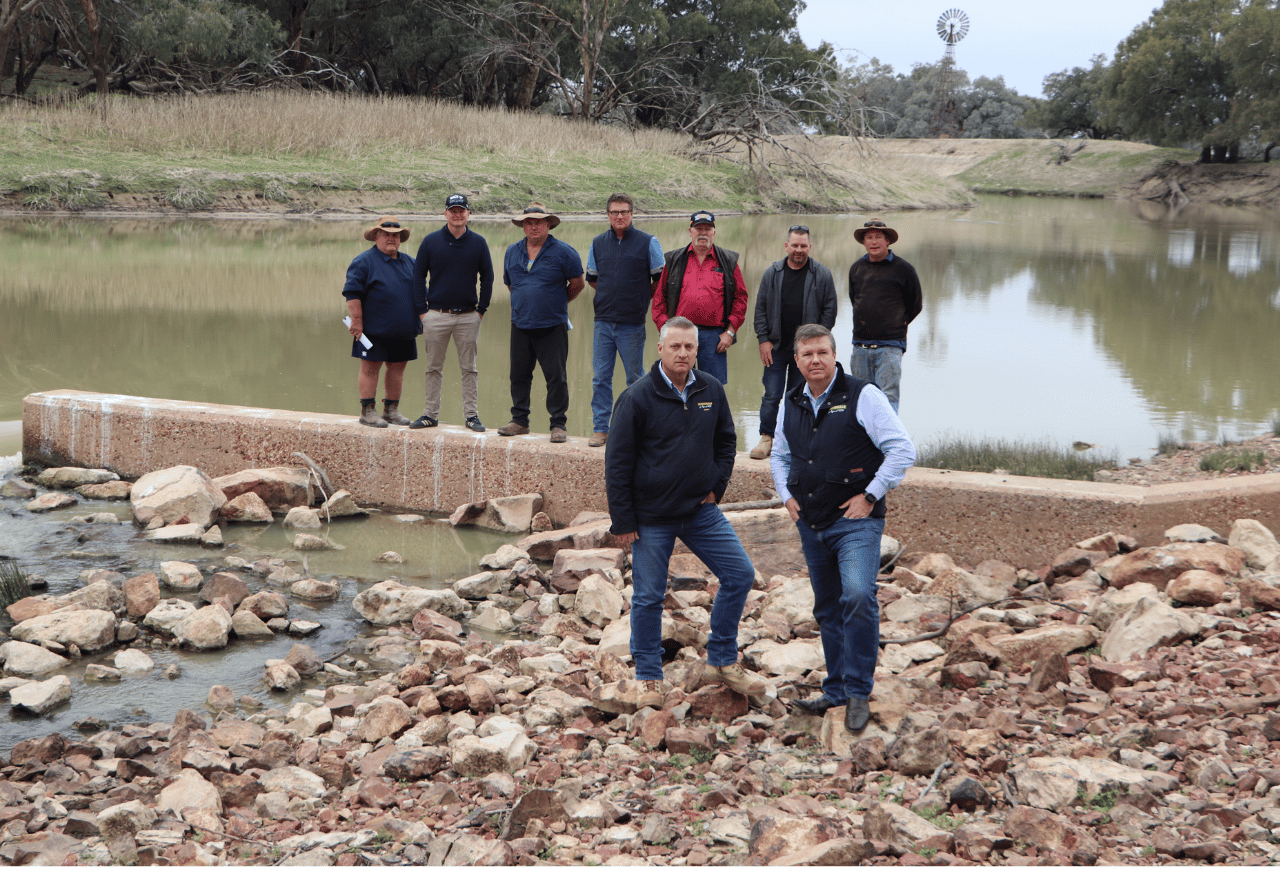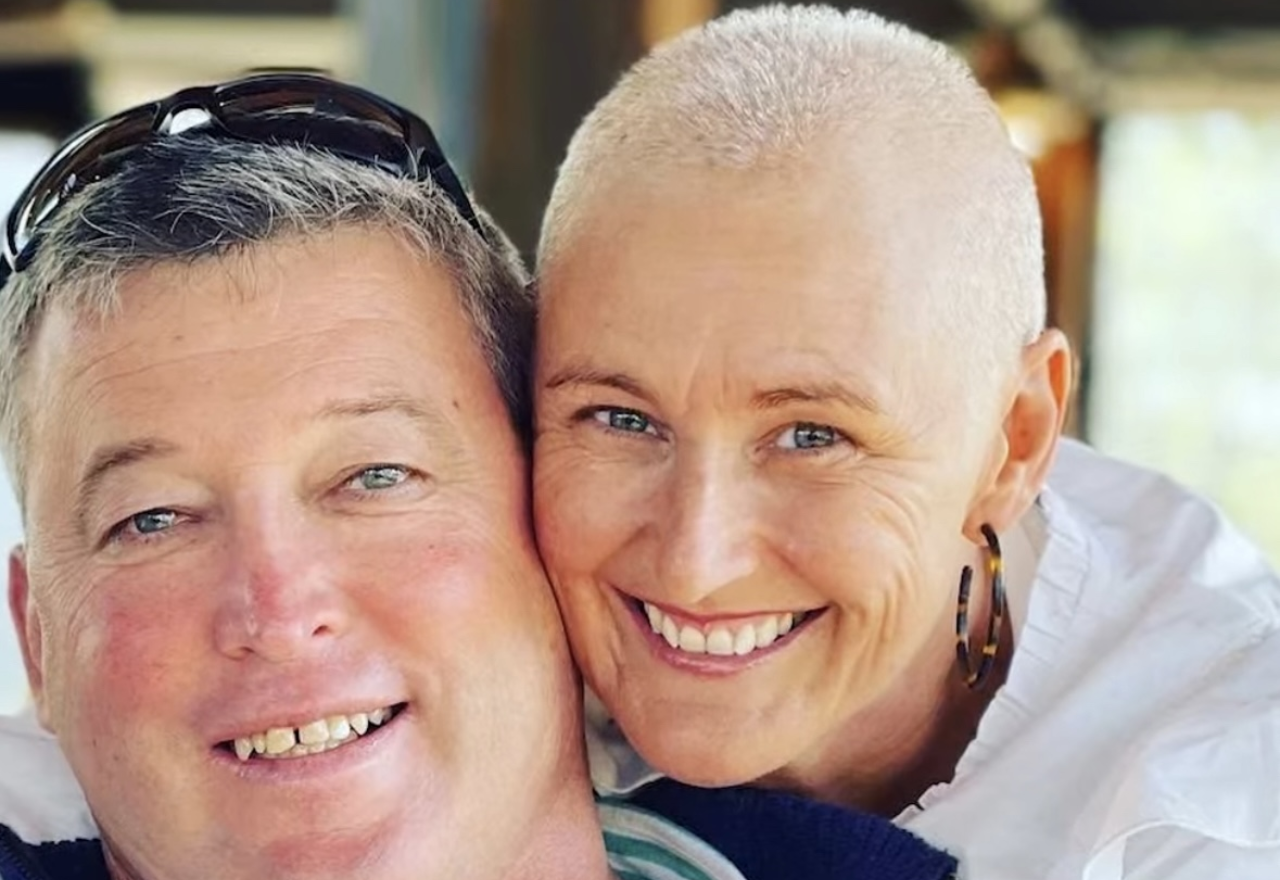You Tube back on 'age delay' list
Angie White
17 August 2025, 9:20 PM
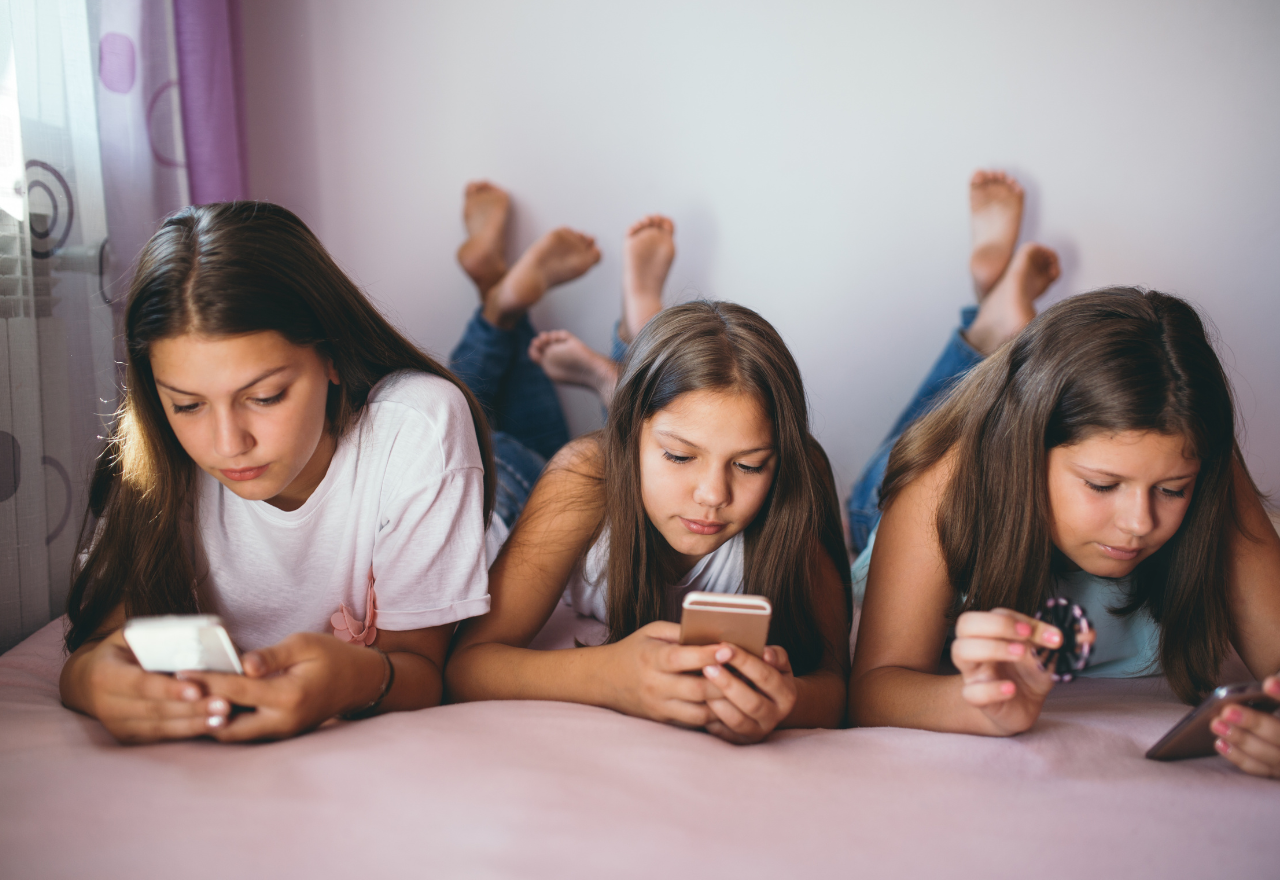
A recent announcement that YouTube will be included in the Australian Government's restricted platform list for under 16-year-olds, despite threats by parent company Google, has brought mixed reactions from both parents and teens as the December deadline looms closer.
Kids will still be able to watch YouTube content but cannot create accounts or engage through features such as comments, likes or subscriptions.
It is part of the broader social media restriction law aimed at keeping kids safe from harm online.
According to Triple P’s National Parenting Pulse Survey 76% of 10–15-year-olds have used YouTube, with 37% having been exposed to harmful content or bullying online, and with daily use of the platform linked to insomnia, depression and anxiety.
Carol Markie-Dadds, Triple P International Country Director, says it is vital that parents are proactive moving forward and find ways of navigating the newly implemented laws, by encouraging children away from restricted platforms.
“It’s important that parents and carers get on the front foot now and start having discussions about what the social media age delay will mean for them and their family.
"There’s no perfect formula for ditching tech time – even adults struggle with getting the balance right.
"What matters is finding the rules or the right ‘power-down’ strategy for your family,” said Ms Markie-Dadds.
“We are parenting in a digital age, so parents and carers can view this current challenge as a teachable moment to support kids to develop healthy, lifelong digital habits.
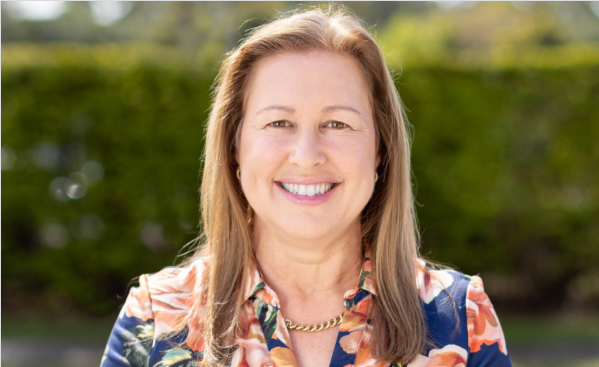
Carol Markie-Dadds, from Triple P parenting. [IMAGE: Instagram]
“By creating a safe, judgment-free home where children can be confident in sharing concerns about social media without being made to feel uncomfortable, ignored, or disbelieved, this will strengthen parent-child relationships and pave the way for having other difficult conversations during the teen years.”
“The entire family will benefit from having regular, open conversations about social media and online content, along with setting routines around its use. This includes swapping the time spent on devices for other activities, which can mean more time spent as a family and enjoying childhood, and less time in front of a screen,” said Ms Markie-Dadds.
But according to parents it is going to be easier said than done, and harder to police as kids will find ways to stay connected online.
“My daughter has had a YouTube account for two years since she was fourteen,” said a western area mother.
“She is a responsible and mature girl for her age and while we keep an eye on it, we trust her to be sensible.
“Having to take away this social media platform will feel like a real punishment for her, but on the other hand it leaves me feeling secretly relieved that she won’t be inadvertently exposed to content that can harm her and any online bullying that might take place.
"And she can’t blame me for taking it away as it will be law.
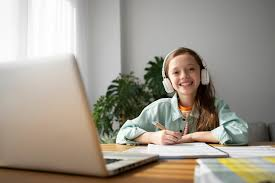
“I do think it is a good idea and takes a small bit of onus off parents,"the mother said.
"We must protect our children in the best way we can."
“It doesn’t really worry me,” said 15-year-old student Grace.
“I can still watch the content I want, and, in a way, it is kind of a relief because I won’t have to put up with anyone saying awful stuff to me, which happens every now and then.
“It would be worse if they took it away all together, but this way we can still be on there, so that’s something,” said Grace.
“It’s fantastic,” said a local high school teacher.
“We see kids suffering daily from online abuse between other students and other online friends.
“Younger students do not have the emotional maturity to deal with it and nor should they.
“It’s everyone’s job to look out for kids and keep them safe. The kids themselves, don’t agree with it, we as teachers fully support this new law.”
"For families wanting information about the new legislation and further resources, visit the government's eSafety website.” https://www.esafety.gov.au/
